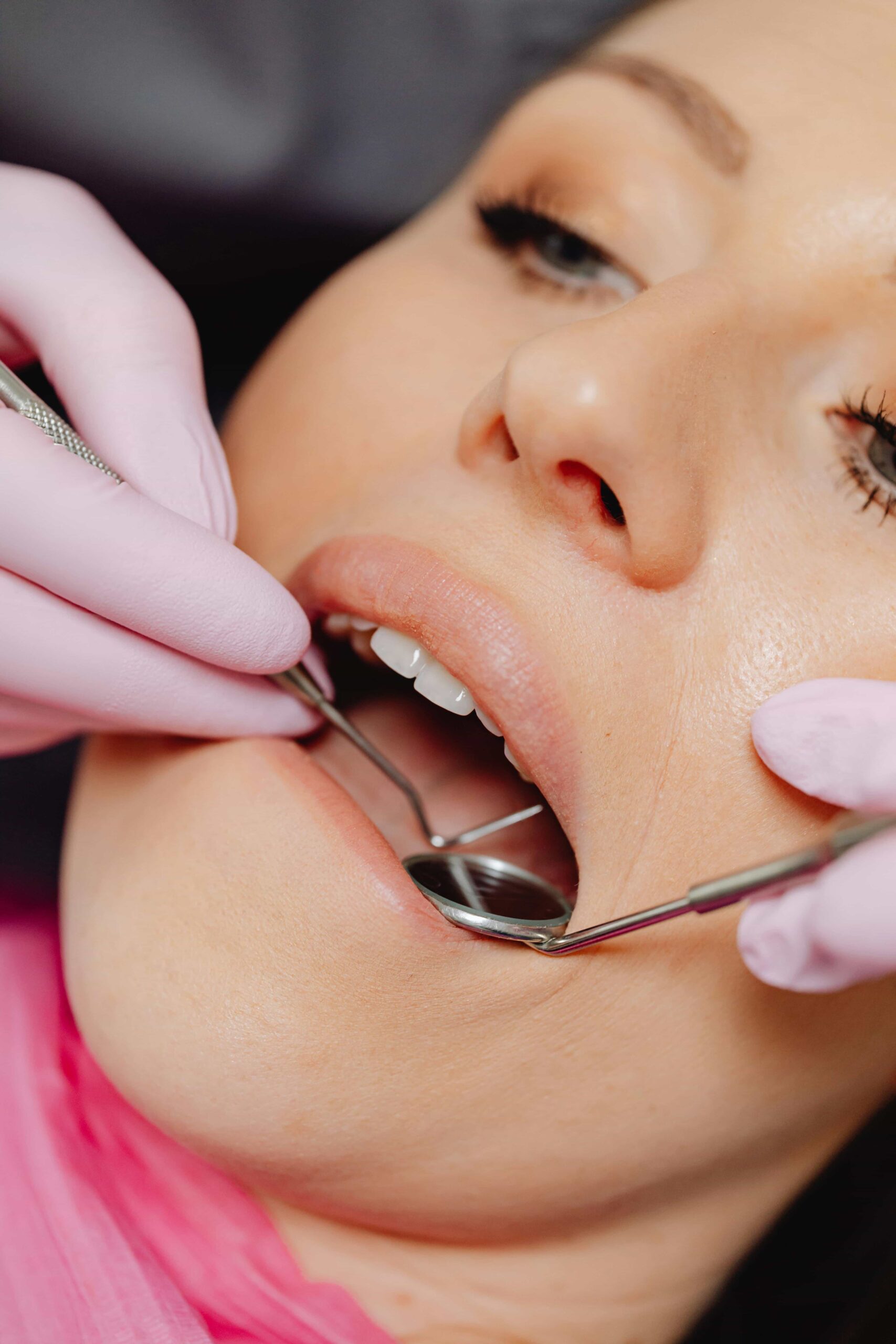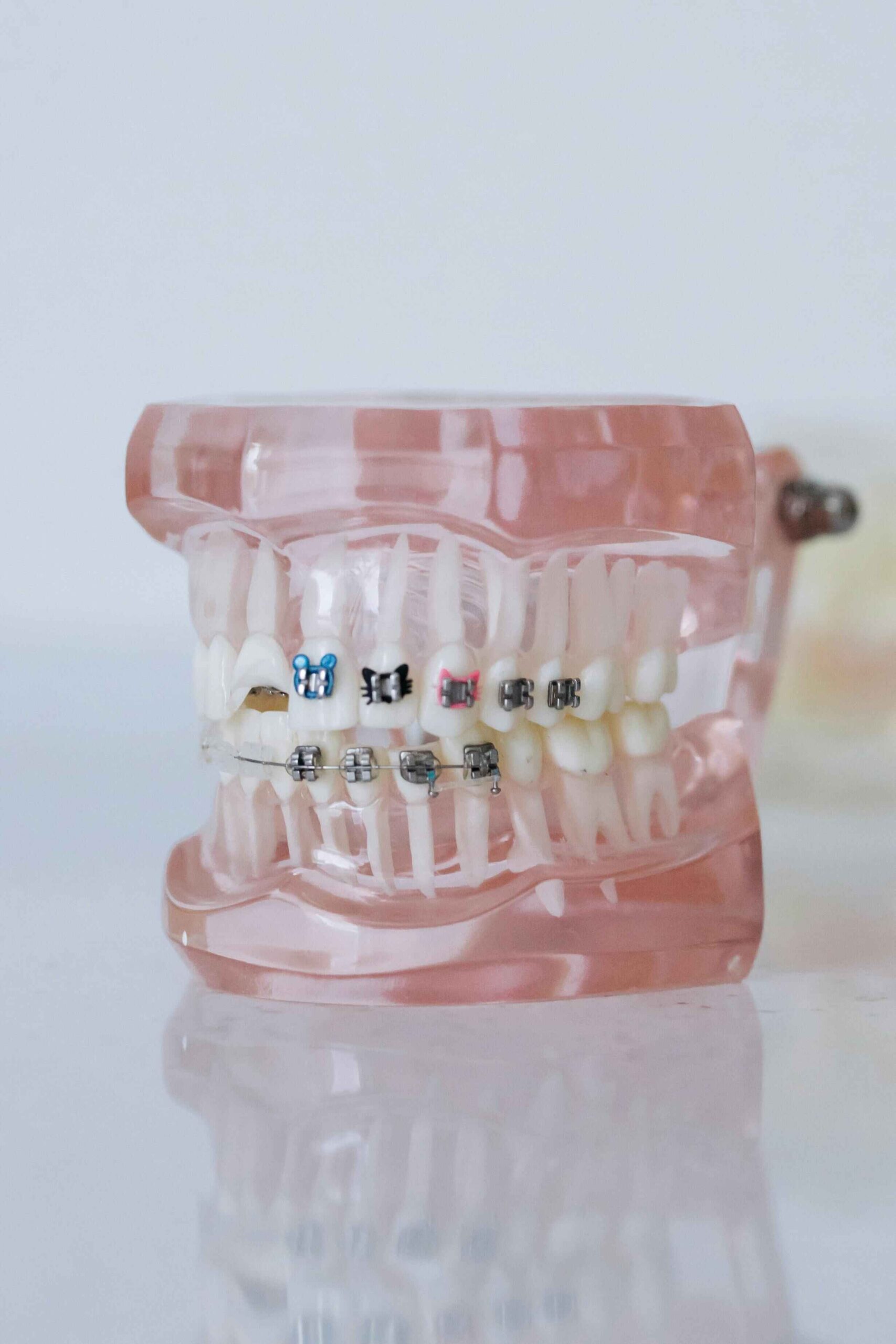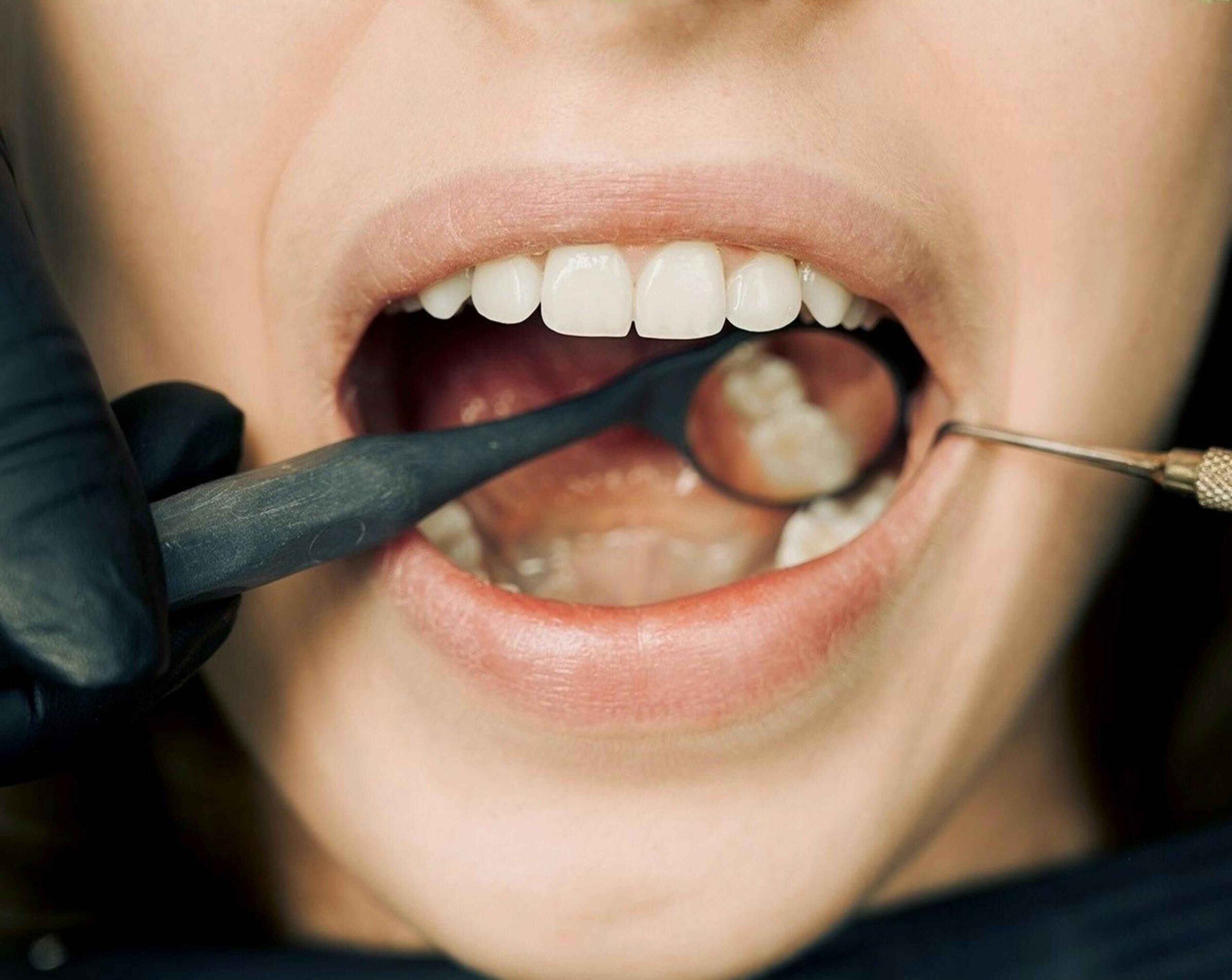Braces are a common orthodontic treatment used to straighten teeth and correct bite issues.
However, one of the biggest questions for people considering braces—whether they are teens, adults, or current orthodontic patients—is “do braces hurt?”. Understanding what to expect can alleviate some of these worries and help you make informed decisions about your dental health.
In this post, we’ll dispel common myths about braces pain, provide tips for managing discomfort, and explain what you can expect during and after adjustments.
Whether you’re just starting your orthodontic journey or are already in the midst of treatment, this guide is designed to provide valuable insights and expert advice.
Do Braces Hurt? Dispelling Myths vs. Reality
The thought of braces often conjures up images of pain and discomfort, but the reality is usually much less daunting. Many people believe that braces are extremely painful, but this is a misconception.
The initial adjustment period might bring some discomfort, but it is generally mild and manageable.
Orthodontists, like Dr. Peter Wagner here at Wagner Orthodontics, emphasize that the experience of pain is highly individual. While some may feel a dull ache, others may experience little to no pain. Real patient experiences also suggest that any discomfort typically subsides after the initial days following an adjustment.
It’s important to remember that braces are designed to gradually move teeth into their desired positions. This slow movement means that any discomfort is usually temporary and should not deter you from seeking treatment if needed.
Understanding the Discomfort
When you first get braces, your teeth and mouth need time to adjust. The sensation of having brackets and wires in your mouth can feel strange at first. The discomfort is primarily due to the pressure the braces apply on your teeth to move them.
Typically, the first few days after getting braces are the most uncomfortable. Your teeth are starting to shift, which may cause soreness and tenderness. Additionally, your cheeks and lips might need some time to get used to the new appliances.
However, your mouth is incredibly adaptable. Over time, it will adjust to the braces, and any discomfort will become less noticeable.
In fact, many patients report that they forget they’re even wearing braces after a while.
Tips for Managing Pain
Managing pain associated with braces can be quite straightforward. Here are some common questions with practical tips to help alleviate discomfort:
- What can I eat with braces: Stick to soft foods like yogurt, mashed potatoes, and smoothies in the days following your orthodontist appointments. Avoid hard, crunchy, or sticky foods that could irritate your mouth.
- What can I use for pain relief: Consider using over-the-counter pain relievers, such as ibuprofen or acetaminophen, to manage any soreness. Always follow the recommended dosage guidelines.
- What oral care products should I use: Use orthodontic wax to cover any brackets or wires that may be irritating the inside of your cheeks or lips. Investing in a soft-bristled toothbrush can also make brushing more comfortable.
Implementing these strategies can make the transition to braces smoother and less painful. Remember, if you experience significant or prolonged pain, it’s crucial to contact your orthodontist for guidance.
What To Expect During and After Adjustments
Regular adjustments are an integral part of orthodontic treatment. During these appointments, your orthodontist will tighten the wires or replace rubber bands, which can cause temporary discomfort.
After an adjustment, it’s normal to experience some soreness as your teeth shift into their new positions. This discomfort typically lasts for a few days and can be managed with the same techniques mentioned above.
Knowing what to expect can help you prepare for these appointments. Wearing comfortable clothing, bringing a soothing playlist, or scheduling a follow-up snack of soft foods can all contribute to making the experience more pleasant.
Why Choose Wagner Orthodontics?
At Wagner Orthodontics, we understand that every patient is unique and may have different levels of sensitivity to braces. That’s why we take a personalized approach to treatment, ensuring that each patient receives the care and attention they deserve.
Our team of experienced professionals will work with you to develop an individualized treatment plan that suits your needs and helps achieve your desired results. We also offer various options for braces, such as traditional metal braces, clear ceramic braces, and Invisalign aligners, allowing us to cater to a variety of preferences.
In addition to our expert care, we also prioritize comfort and convenience for our patients. Our office is equipped with state-of-the-art technology to ensure efficient and effective treatment.
If you’re looking to get braces, we’ll walk you through the stages of braces treatment and answer any questions you may have along the way. With our help, you can achieve a straighter, healthier smile without worrying about pain or discomfort.
Conclusion
Choosing to get braces is a significant decision, and understanding what to expect regarding discomfort can make the process less intimidating. While it’s normal to experience some temporary discomfort, the long-term benefits of a straighter, healthier smile far outweigh these minor inconveniences.
If you’re considering braces, remember that Wagner Orthodontics offers complimentary consultations to help you explore your options. Our team is dedicated to providing personalized care and ensuring your orthodontic experience is both comfortable and rewarding. Book a consultation today to get started on your smile transformation!






